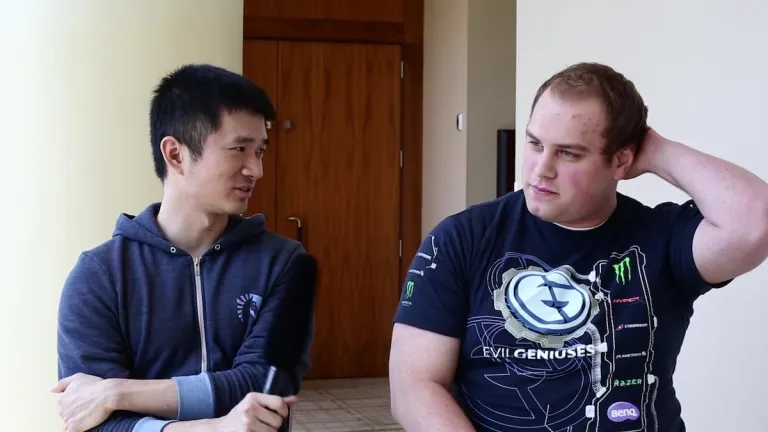On November 6, controversial Dota 2 player Mason Venne sparked suspicion among fans when he asked where he could purchase a behavior score boost. This score determines a player’s level of toxicity in the game, and Mason’s request raised concerns about his competitive behavior.
Shortly after his post, Mason’s Dota 2 account began playing Turbo mode, a popular choice for increasing behavior scores due to its shorter match durations. However, many fans doubted that Mason was solely responsible for these Turbo matches, as his account seemed to be queuing with a five-stack. Party queuing in Turbo games is often seen as suspicious, especially for accounts with low behavior scores.
Valve, the developers of Dota 2, have recently taken action against smurfs and boosters, banning 90,000 accounts. Behavior score boosting falls into the same category as MMR boosting, and some fans are calling for a permanent ban for Mason.
On the other hand, Mason has also received support from fans who have experienced low behavior scores themselves. They argue that increasing one’s behavior score has become increasingly difficult compared to losing it, creating an unfair system. In their eyes, Mason should not be punished for trying to improve his score and get back to playing.
In Dota 2, players can lose significant amounts of their behavior scores after being reported for various reasons, including toxicity. When the score drops below a certain threshold, players lose access to communication tools like text, voice, chat, and pinging. This loss of features is particularly noticeable in higher-rank matches where communication is crucial.
Overall, Mason Venne’s alleged cheating to boost his behavior score has sparked controversy within the Dota 2 community. While some believe he should face severe consequences, others sympathize with his struggle to regain access to essential gameplay features.
Source: DOTESPORTS






